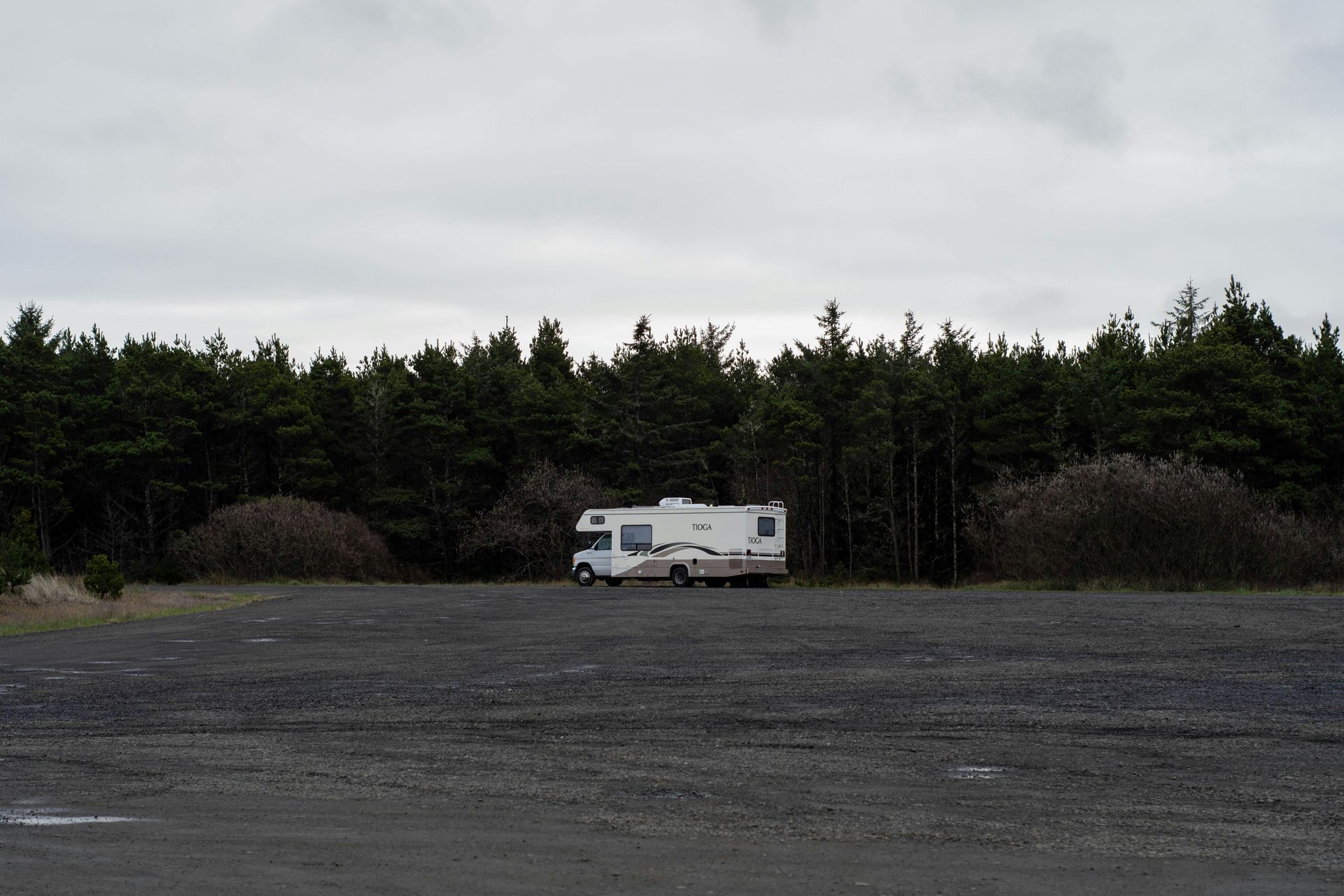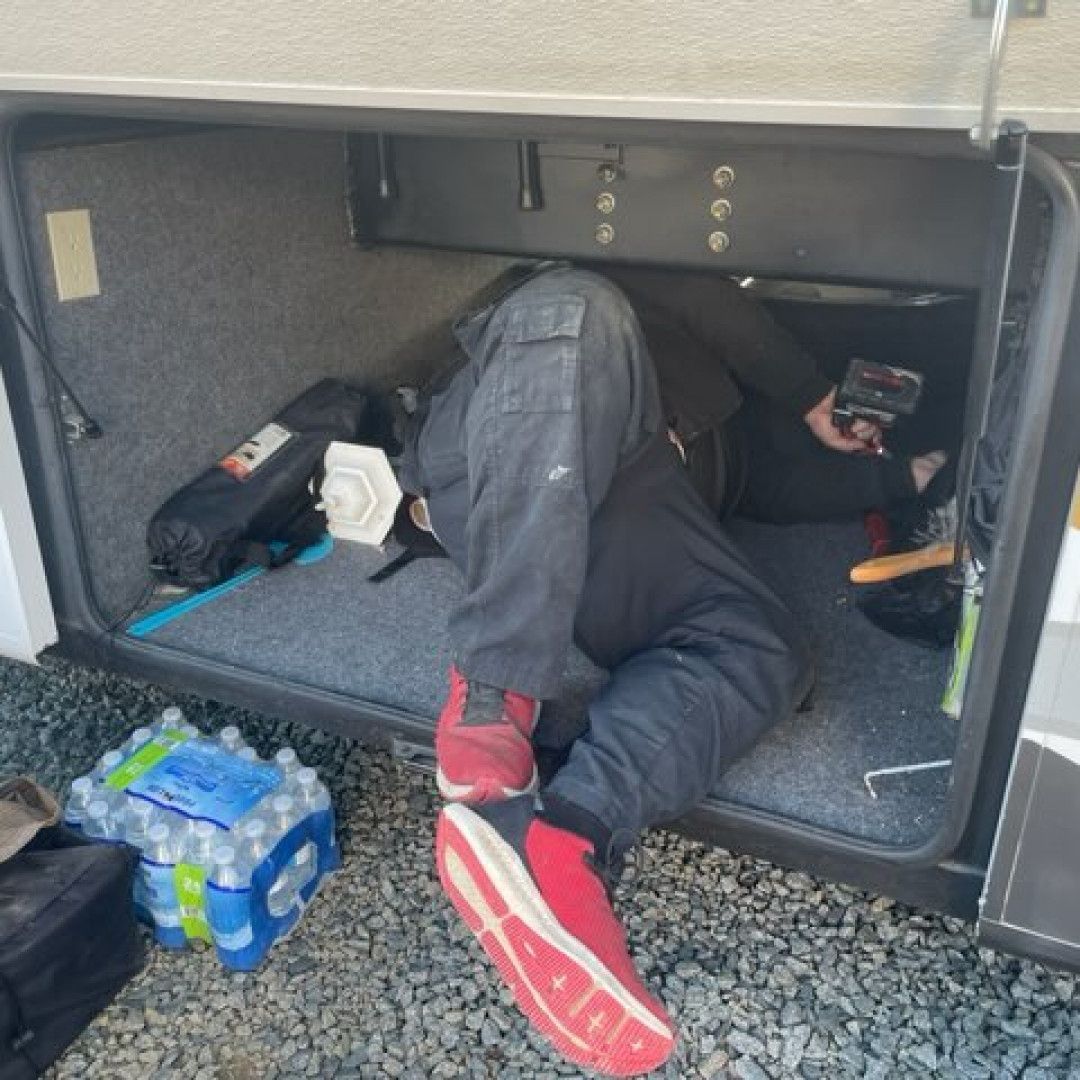RV Repair Emergencies: What to Do When Something Goes Wrong on the Road
RVs offer the ultimate freedom to explore the open road, but with that freedom comes the possibility of unexpected issues. RV repair emergencies can be stressful, especially when you’re far from home. Knowing what to do when something goes wrong on the road can save you time, money, and a lot of headaches. This guide will help you navigate common RV emergencies and ensure you’re prepared to handle whatever comes your way.
1. Flat Tires: Staying Safe and Getting Back on the Road
One of the most common RV emergencies is a flat tire. Whether you're cruising down the highway or navigating a dirt road, a flat can occur without warning. Here’s what to do:
- Pull Over Safely: At the first sign of tire trouble, pull over to a safe spot as far from traffic as possible. Switch on your hazard lights.
- Assess the Situation: If you have a tire pressure monitoring system, it will alert you to the issue. If not, you'll need to inspect the tires visually. Sometimes, a tire might look fine but still be flat, so it’s important to check pressure with a gauge.
- Use a Spare Tire: If you’re comfortable changing a tire, do so using your RV’s spare. Make sure your RV is on stable ground before jacking it up.
- Call for Help: If you’re unable to change the tire yourself or don’t have a spare, it’s time to call for roadside assistance. Temple RV Repair offers fast and reliable roadside assistance to get you back in action.
2. Electrical Issues: Troubleshooting Common Problems
Electrical issues in an RV can be tricky, especially since they might involve either the 12-volt or 120-volt systems. Common electrical problems include tripped breakers, malfunctioning outlets, or a dead battery.
- Identify the Source: Begin by determining if the issue is with the 12-volt or 120-volt system. The 12-volt system usually powers things like lights and the water pump, while the 120-volt system powers appliances like the air conditioner or microwave.
- Check the Breaker Panel: If you’re experiencing an issue with the 120-volt system, check your breaker panel to see if any breakers have tripped. For the 12-volt system, check the fuse box for blown fuses.
- Battery Issues: If your RV won’t start, it could be a dead battery. Check that all connections are tight and free of rust. If your battery is dead, you might need to jump-start it or get a new one.
- Seek Professional Help: If you can’t resolve the issue yourself, it’s best to call a professional. Electrical problems can be complex, and a trained technician from Temple RV Repair can quickly diagnose and fix the issue.
3. Plumbing Problems: Dealing with Leaks and Clogs
Plumbing issues in an RV can range from minor annoyances to major emergencies. Common problems include leaks, clogs, or issues with the water pump.
- Locate the Leak: If you notice water pooling inside your RV, turn off the water supply immediately. Check for leaks in obvious places like the kitchen, bathroom, and near the water heater.
- Clogged Drains: If you’re dealing with a clogged drain, try using a plunger or a drain snake. Avoid chemical drain cleaners, as they can damage your RV’s plumbing.
- Water Pump Issues: If your water pump isn’t working, check the fuse and wiring connections. If everything appears to be in order, the pump may need to be replaced.
- Call a Professional: Some plumbing issues require specialized knowledge and tools. Temple RV Repair offers comprehensive plumbing services, ensuring your RV is leak-free and functioning properly.
4. Engine Troubles: What to Do When Your RV Breaks Down
Engine problems can be particularly stressful, especially if you’re in the middle of nowhere. Common engine issues include overheating, transmission failure, or trouble starting the engine.
- Overheating: If your engine overheats, pull over immediately to prevent damage. Switch off the engine and let it cool. Check the coolant levels, and if they’re low, add more if you have it on hand.
- Transmission Issues: If your RV isn’t shifting gears properly, you may have a transmission problem. This can be caused by low transmission fluid or a more serious internal issue.
- Engine Won’t Start: If your engine won’t start, check the battery and connections. If the battery is good, the problem could lie in the starter or ignition system.
- Get Professional Help: Engine problems often require expert attention. Temple RV Repair has experienced technicians who can diagnose and repair your engine issues, getting you back on the road as soon as possible.
5. Preparing for Emergencies: Essential Tools and Tips
Being prepared can make all the difference when an RV emergency strikes. Here’s how to ensure you’re ready for anything.
- Emergency Kit: Always have an emergency kit on hand. This should include a first aid kit, basic tools, a flashlight, spare fuses, and jumper cables.
- Know Your RV: Familiarize yourself with your RV’s systems, including how to change a tire, reset breakers, and check fluid levels.
- Regular Maintenance: Preventative maintenance can help you avoid many common RV problems. Regularly check your tires, brakes, fluid levels, and electrical systems.
- Have a Plan: Know who to call in case of an emergency. Temple RV Repair offers 24/7 emergency services, so you can count on us when you need help the most.
Contact Temple RV Repair, Your Trusted Partner RV Partner
At Temple RV Repair, we understand that RV emergencies can be stressful and disruptive to your travel plans. That’s why we offer fast, reliable services to get you back on the road quickly. Whether you’re dealing with a flat tire, electrical issues, or engine troubles, our experienced technicians are here to help.
Located in Rockwell, NC, we provide comprehensive RV repair services, including emergency roadside assistance, plumbing repairs, electrical troubleshooting, and engine diagnostics. We offer mobile RV repair, in-shop work, and even storing your RV. Don’t let an unexpected problem ruin your trip—give us a call at (704) 471-4949 for immediate assistance.
FAQs
What should I do if my RV breaks down on the highway?
If your RV breaks down on the highway, pull over to a safe location as far from traffic as possible. Turn on your hazard lights and set up reflective triangles or flares if you have them. Call for roadside assistance, and avoid trying to fix the problem on the side of the highway, as it can be dangerous.
How can I prevent common RV emergencies?
Regular maintenance is key to preventing common RV emergencies. This includes checking tire pressure, inspecting the roof for leaks, testing electrical systems, and keeping up with engine maintenance. Being proactive can help you avoid many issues on the road.
What should I include in my RV emergency kit?
Your RV emergency kit should include a first aid kit, basic tools, a flashlight, spare fuses, jumper cables, a tire pressure gauge, and a portable air compressor. Additionally, having extra engine oil, coolant, and a spare tire can be invaluable in an emergency.
Can I fix RV electrical issues myself?
Some minor electrical issues, like resetting a tripped breaker or replacing a blown fuse, can be fixed by RV owners. However, more complex problems, such as wiring issues or malfunctioning appliances, should be handled by a professional to avoid the risk of injury or further damage.
How do I find a reliable RV repair service when I'm far from home?
It’s always a good idea to research and keep a list of reputable RV repair services in areas where you plan to travel. Additionally, many RV clubs and roadside assistance programs can recommend trusted repair shops. Temple RV Repair is a trusted name in Rockwell, NC, and we’re always here to help, whether you’re local or just passing through.

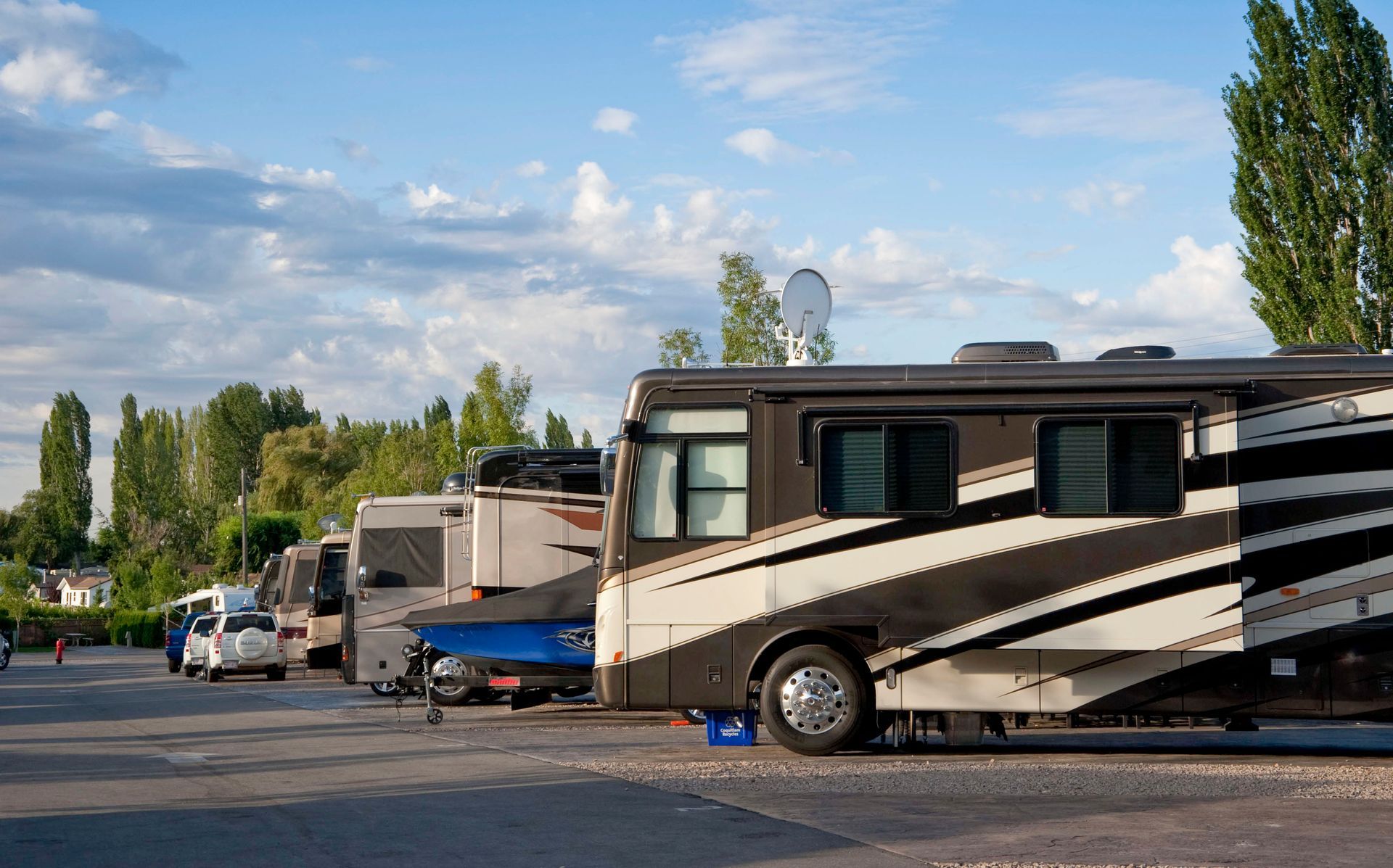
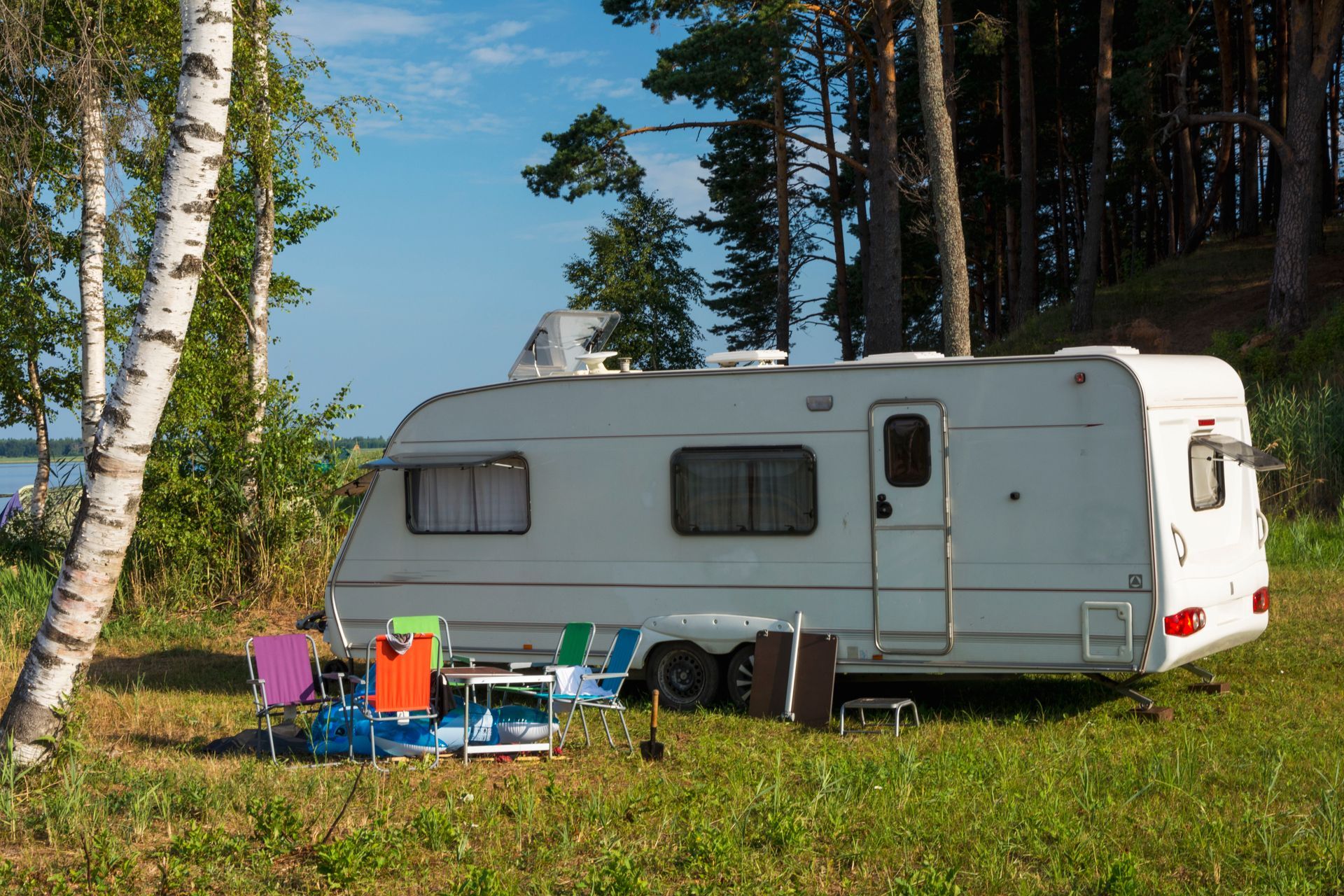
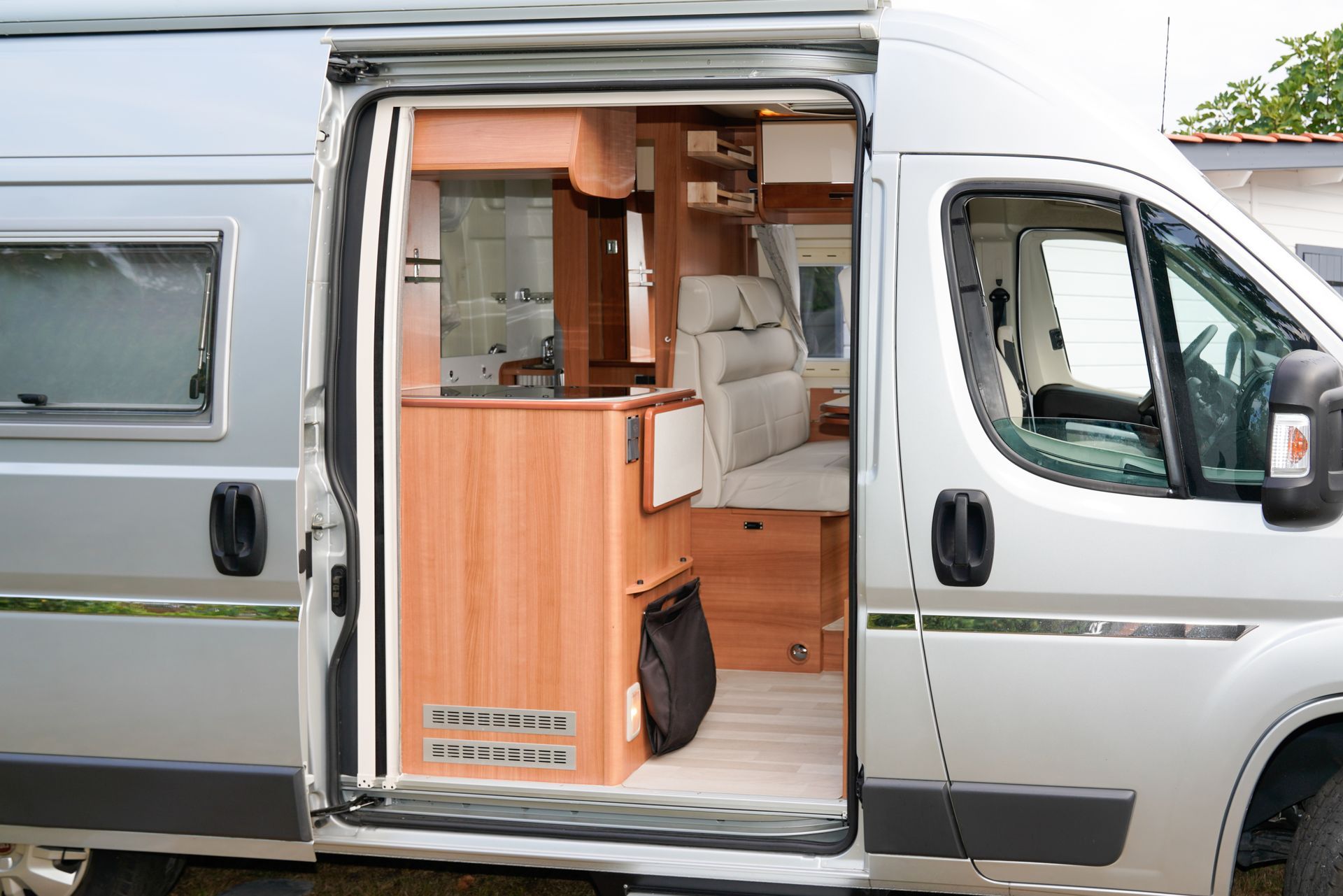
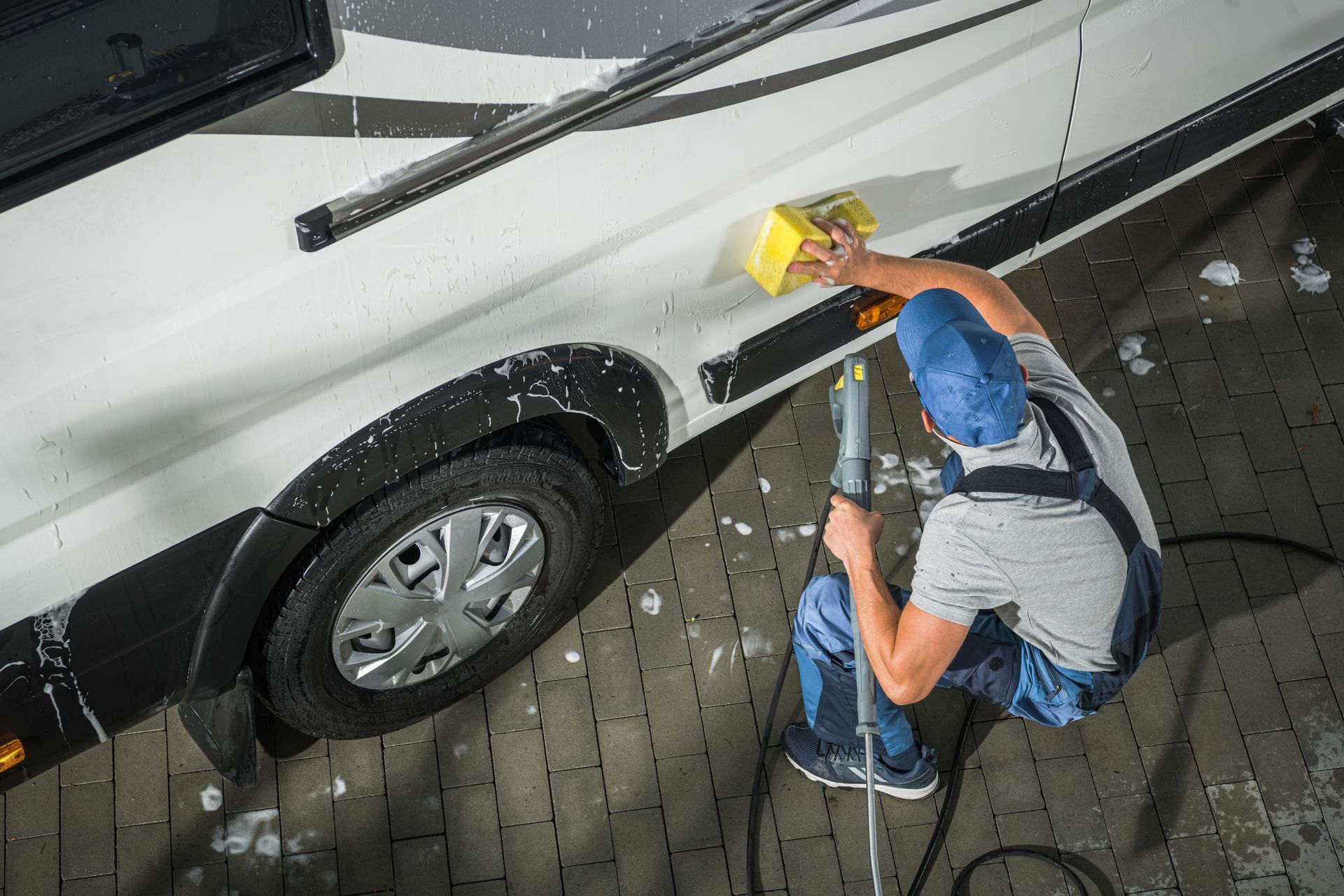
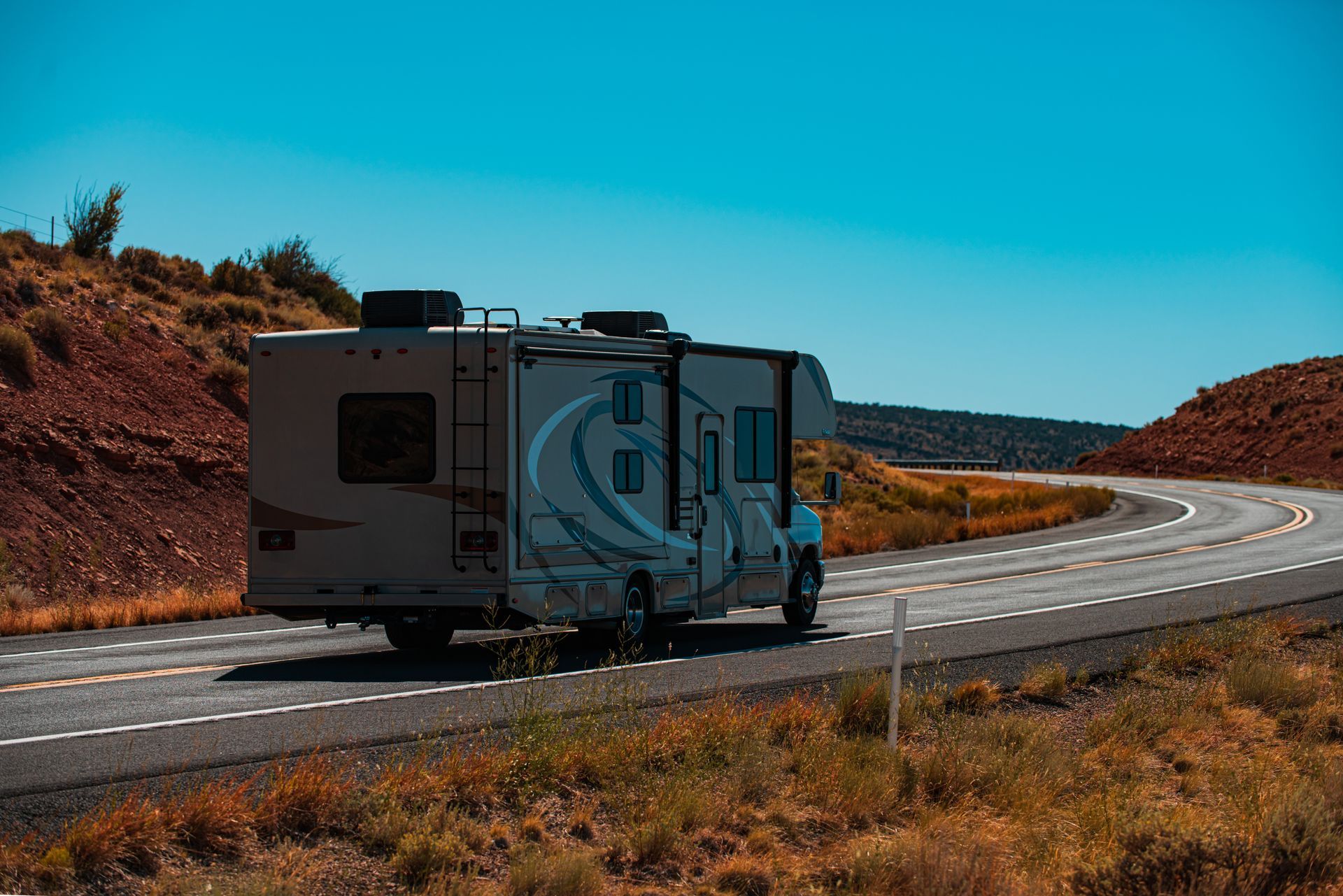
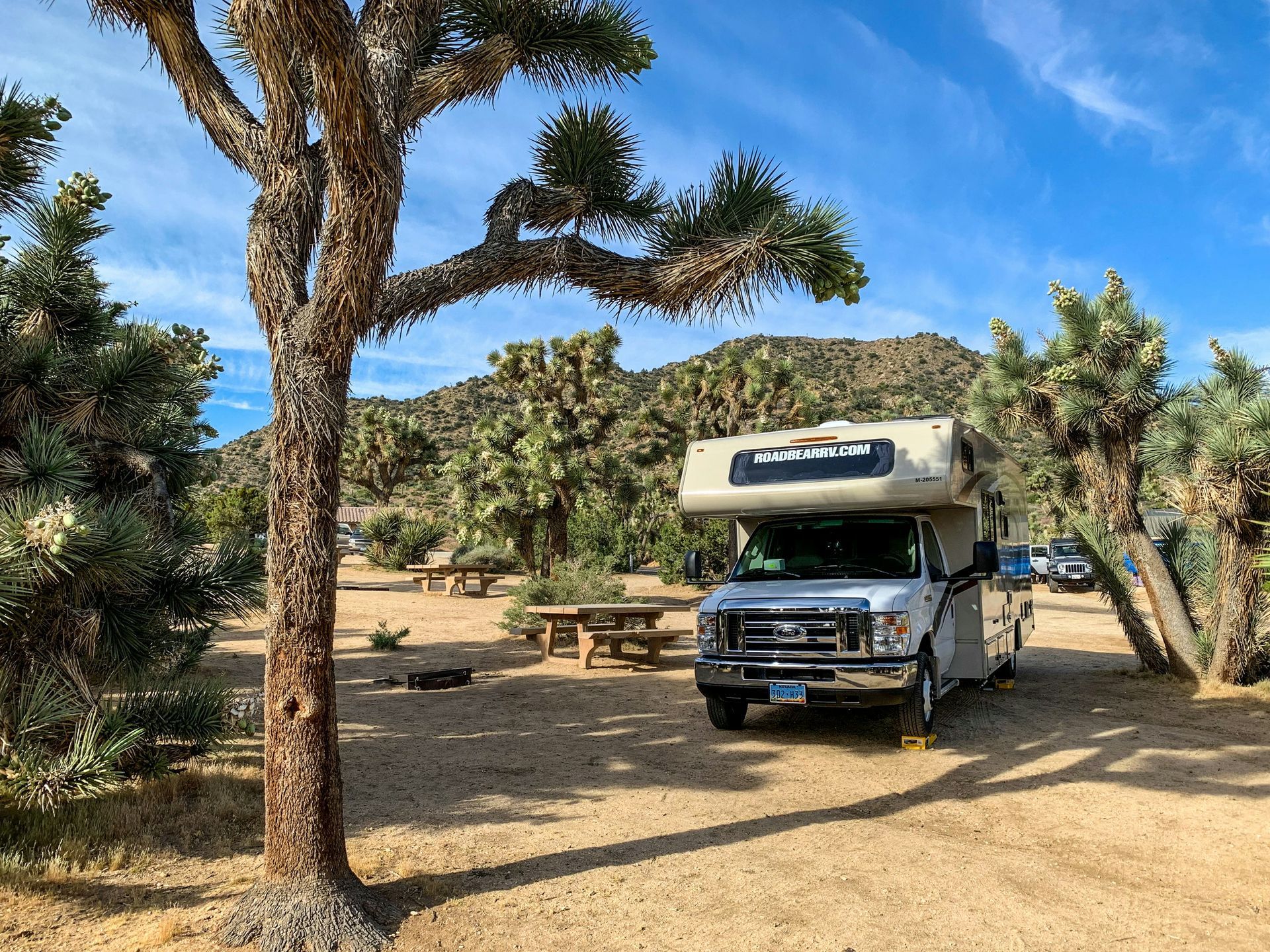

NC Corporate Office
"Temple RV Repair maintains strict privacy policies, ensuring that personal information of our users and members is not sold, rented, released, or traded to others without prior consent or a legal obligation.”


